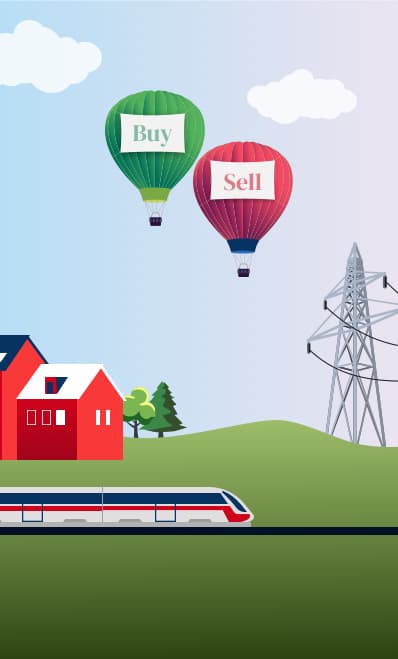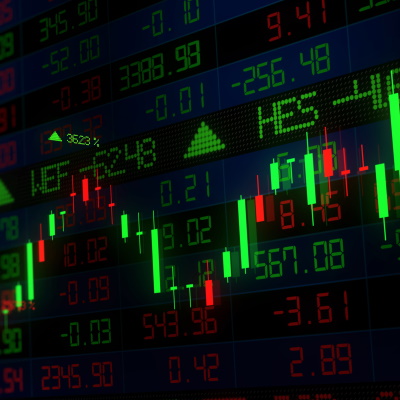Learning the Terminology
Before you can open an account and start trading, it is crucial to understand the terminology involved. Review the following list before checking back and coming across each word.

Terms of the Trade
Before you can open an account and start trading CFDs online, it’s important to carefully research every trade you make. In order to do this effectively, it is crucial to understand the terminology involved. When going through trading preparations, best review the following list before checking back and coming across each word.
Ask Price – this is the price at which the seller is willing to open the contract
Bear Market – a market characterised by falling prices
Benchmark Rate – an asset’s lowest possible interest rate, which its interest rates are compared to
Bid/Ask Spread – the difference between the amount that the seller accepts and that the buyer pays.
Bull Market – a market characterised by rising prices
CAC – the major French stock market index
Call Option – a contract that gives the buyer the right, but not the obligation, to buy a specific asset and a certain time and price
CFD – Contracts For Difference are agreements saying that the seller will pay the buyer the difference in the price of an asset at the opening and closing of the contract
Closing Price – the price of an asset at the time when the market closes for the day.
Commodities – various goods available for public trade on the market, such as wheat, silver, gold, and silicone- to name a few
Contract Size – the number of shares or quantity of a commodity or currency that is the underlying asset of the CFD
DAX – the major German stock market index
Delivery Date – the date at which the contract must be fulfilled
Derivative – a financial instrument that reflects an existing asset but has no inherent value of its own
Dow Jones Industrial Average – a stock market index which tracks 30 large companies on the New York Stock Exchange
Expiration – the last date when a CFD can be closed before it closes automatically
Futures – agreement contracts to buy or sell an asset at a specified date in the future
GTC – Good ‘Till Canceled are orders for a transaction to go through at a certain price unless the order is cancelled first
Hedge – a trade opened in order to balance out another trade in case of loss
Intrinsic Value – the worth of an asset as calculated using its actual resources, investments and income, rather than the market price
In-the-money Option – an option that is set to close at a higher price than that of its underlying asset
Leverage – a type of loan that allows you to open larger trades than the amount of capital you invest
Limit – the amount that the price of a futures contract can change in one day
Liquidity – how much buying and selling will affect an asset’s price
Long Position – to buy an asset (as opposed to investing in the assumption of its decline)
Margin – borrowed money used to trade with leverage
NASDAQ – the world’s second-largest stock exchange
Nikkei 225 – the major index for the Tokyo Stock Exchange
NYMEX – the New York Mercantile Exchange, one of the most prominent commodity exchanges
Option – a contract which says that the buyer has the right to initiate a transaction at a certain time or price, but is not required to do so
Out-of-the-money Option – an option that is set to close at a lower price than that of its underlying asset
Realized Profit/Loss – the results of a completed trade, as opposed to one still open
Resistance Level – the repeated high price level that an asset has reached within a defined time period
S&P 500 – an index of the top 500 companies traded on the New York Stock Exchange
Sector – a category of stocks or industries
Short Position – opening a trade by selling an asset
Spread – the difference between the price that a broker quotes for buying vs selling an asset
Stop Loss Order – an order to close a trade if it reaches a certain price
Strike Price – the price stated in a contract at which the owner can buy or sell at
Support Level – the repeated low price level that an asset has reached within a defined time period
S&P 500 – an index of the top 500 companies traded on the New York Stock Exchange
Underlying – the asset whose price determines the value of the contract
Volatility – the up and down movement of the price of an asset over time







